Ohio Farm Bureau endorses Deters, Hawkins, Shanahan for Ohio Supreme Court
Agriculture for Good Government PAC has endorsed Justice Joseph Deters, Judge Dan Hawkins and Judge Megan Shanahan for election to the Ohio Supreme Court.
Read MoreUnder HB 397, notice must be given by Sept. 1 to terminate a farm lease, and the lease will terminate at the conclusion of harvest or Dec. 31, whichever comes first.
It is estimated that nearly half of Ohio’s 14 million acres of farmland are not owned by the person farming it. Instead, farmers use land leases to collect suitable land on which to operate their farms. Historically, these leases were accomplished by handshake deals between neighbors.
“While in many cases these less formal agreements work out just fine for both parties, we at Farm Bureau regularly talk to members where these handshake deals have gone awry,” said Amy Milam, Ohio Farm Bureau’s director of legal education and member engagement. “In many of those cases, the farmer ends up unable to access land that they have already significantly invested in and prepped for planting, or even worse, unable to harvest crops at the end of the growing season.”
According to Milam, this can often occur because of some change in the situation of the landowner – often it’s the passing of the original landlord and the transfer of land to other family members who wish to offload the property as soon as possible.
“While certainly we often talk with our members about the importance of putting these agreements in writing, the culture and custom of agricultural communities often overrides that best practice advice,” Milam said.
HB 397, which was overwhelmingly passed by the Ohio House recently, will bring Ohio up to date with many of the state’s Midwestern neighbors who have already created statutory guardrails for farm leases.
Under this bill, notice must be given by Sept. 1 to terminate a farm lease, and the lease will terminate at the conclusion of harvest or Dec. 31, whichever comes first. These guardrails would be applied in situations where the parties to the lease have not otherwise addressed the issue of termination notice in writing.
“What is important to note though is that every farmer and landowner that wishes to use different terms or agreements, still can by simply following the formal written lease procedure that is preferred under the law for leases of land,” Milam said. “By setting these guardrails, we can reduce confusion in the countryside and reduce the expensive and time-consuming litigation that often ensues from termination disputes.”
The bill was signed into law by Governor Mike DeWine in mid-April.
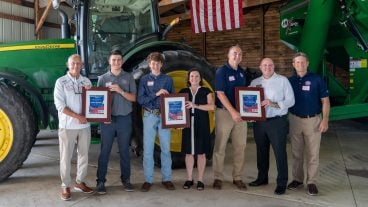
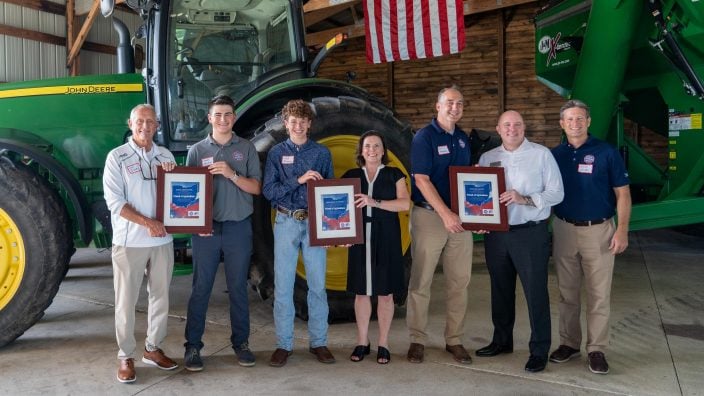
Agriculture for Good Government PAC has endorsed Justice Joseph Deters, Judge Dan Hawkins and Judge Megan Shanahan for election to the Ohio Supreme Court.
Read More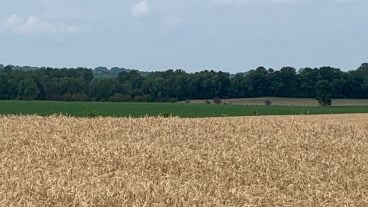
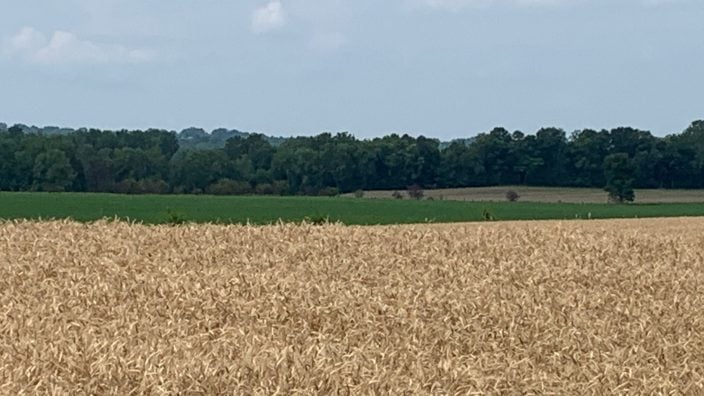
Commissioner Jeffrey Fix will be presenting updated land use plans to Fairfield County Farm Bureau members.
Read More

As Ohio Farm Bureau Policy Counsel Leah Curtis notes in this Legal with Leah, these changes should result in significant tax savings for many Ohio woodland owners.
Read More
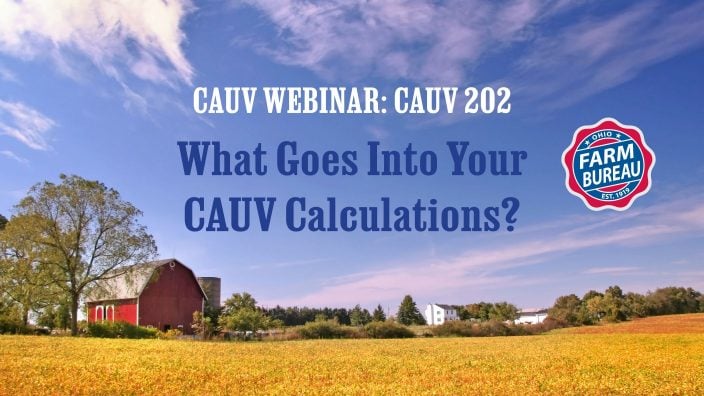
CAUV 202 took a deeper dive into how tax bills are formulated and what exactly goes into the Current Agricultural Use Value numbers.
Read More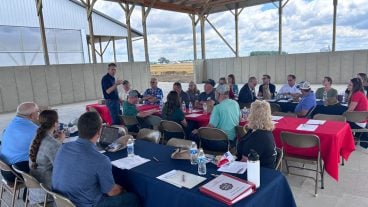
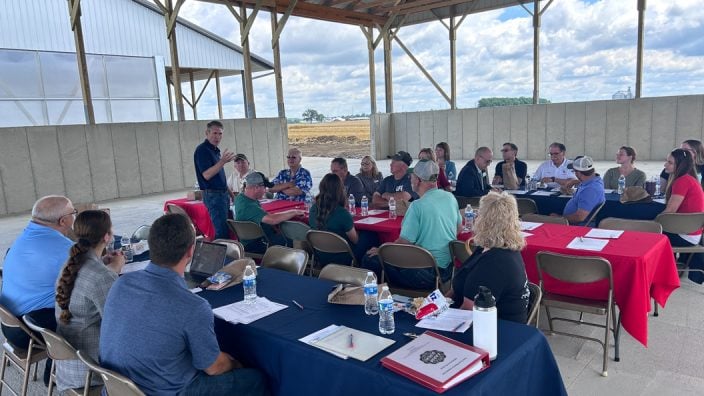
Farm Bureau members and local officials discussed their concerns about issues in the community at the Crawford County Policy Development Lunch June 27.
Read More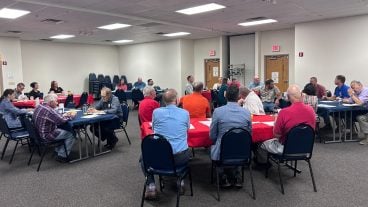
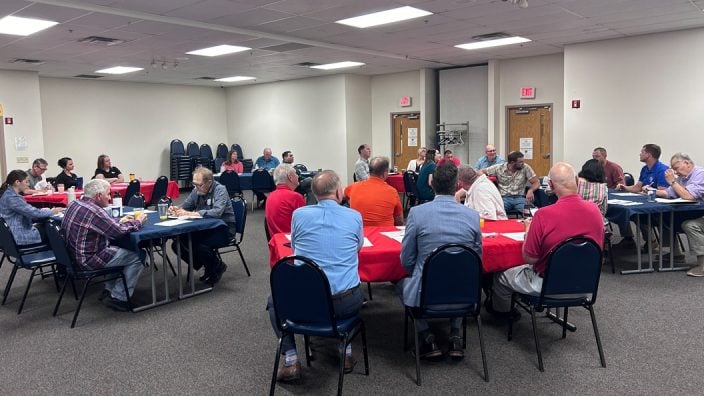
Farm Bureau members and local officials discussed their concerns about issues in the community at the Richland County Policy Development Breakfast June 26.
Read More

The mainly wet weather pattern in early spring caused the flow of water systems within the Western Lake Erie Basin to be above normal, creating what is considered a ‘mildly severe’ algal bloom forecast by NOAA.
Read More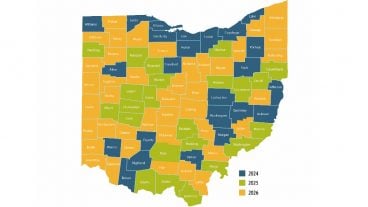
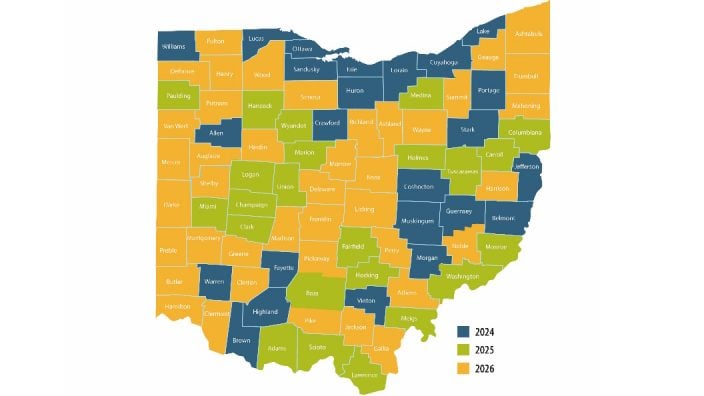
Taking a look at the history of CAUV can help with understanding its structure, fluidity and the eternal vigilance needed by Ohio Farm Bureau and our members for its sustainability.
Read More
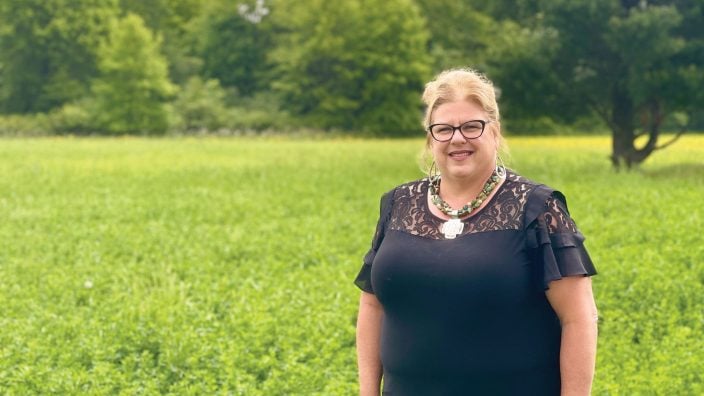
Kelly Tennant’s story starts as many others in agriculture do, but her current day job impacts Ohio ag more than most.
Read More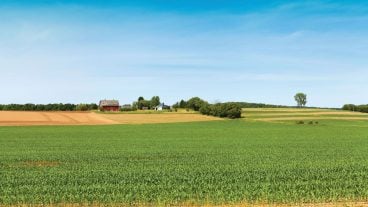
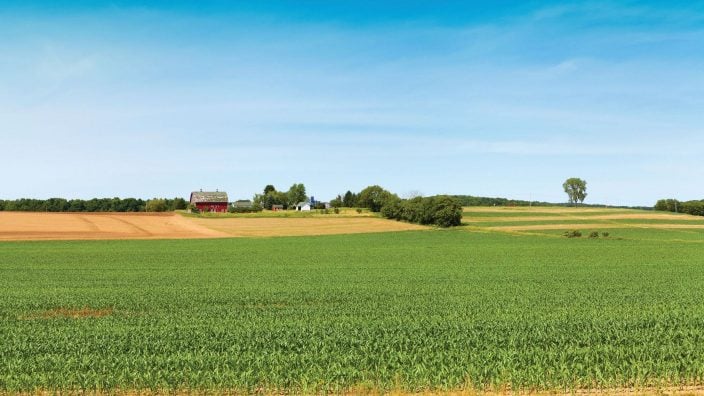
Learn more about eligibility and how to include conservation practices on CAUV enrollment forms.
Read More